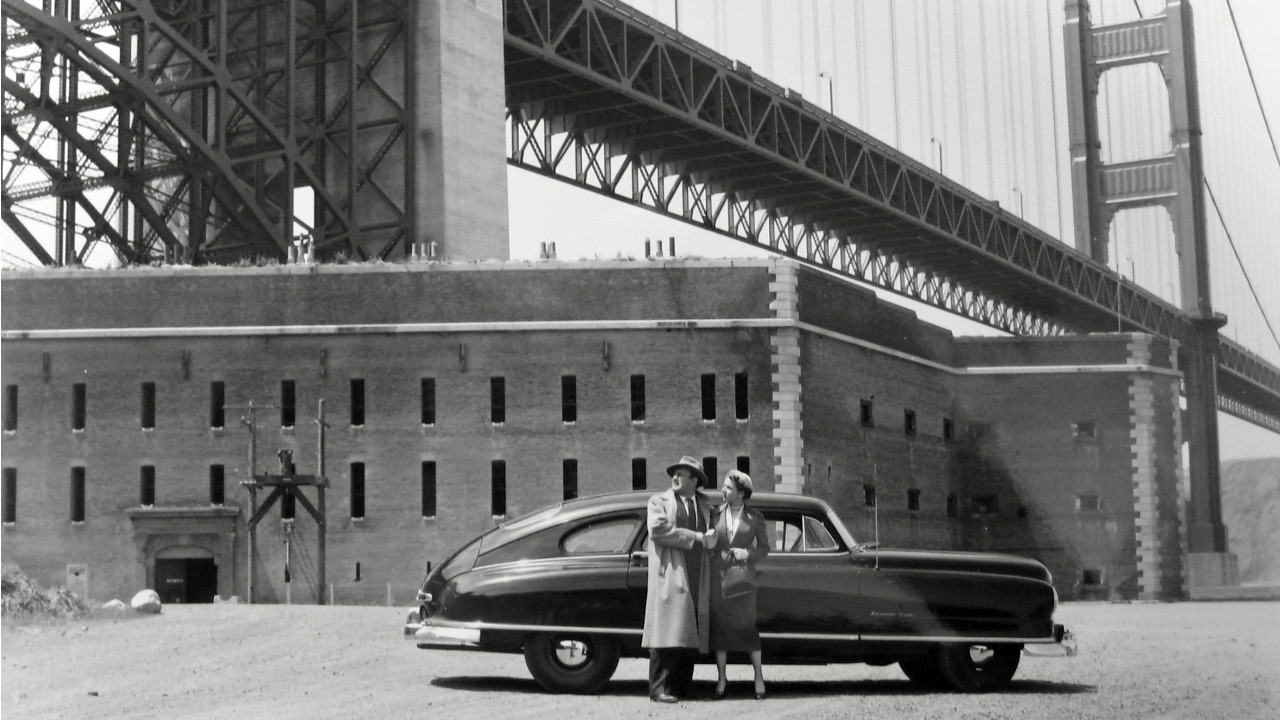 Starred Up
Starred Up
Written by Jonathan Asser
Directed by David Mackenzie
USA, 2014
There’s a scene in the first act of the film where the young protagonist Eric, in an effort to gain control of a situation to proclaim his innocence, bites down on a prison guard’s genitals and holds on like a dog with a chew toy. That moment alone does a lot to encapsulate the do-or-die realities of the film’s prison environment, but more importantly showcases the immediate talent of its star Jack O’Connell: Like it or not, he demands your attention and he’s not letting go anytime soon.
The plot revolves around young and violent teenager Eric (Jack O’Connell), who is transferred to an adult prison early before the regular age – a process referred to as being “starred up”- and comes head to head with his inmate father Neville (Ben Mendelsohn) while interacting with volunteer group therapist Oliver (Rupert Friend).
Jack O’Connell is an actor I’ve had a good feeling about for a long time, since his days on the British teen drama Skins. He’s certainly stoked more good faith in him with this performance, excelling at playing young men with anger issues. O’Connell hardly says a word for the first 30-45 minutes, and he doesn’t have to. He gives the audience just what they need through his presence. He holds a lot of Eric’s character just behind his eyes, becoming a walking powder keg ready to snap at any perceived threat. When he is in private moments, O’Connell peels back the hyper-masculinity to reveal a troubled soul underneath. He’s able to embody the blunder of youth of his character while masked in masculinity of the man Eric portrays himself as. O’Connell is on the verge of stardom, with the starring role of Louis Zamperini in Angelina Jolie’s surefire Oscar contender Unbroken opening on Christmas. And for what it’s worth, he also gets bragging rights to the second greatest nude fight scene (first prize will always go to Viggo Mortensen in Eastern Promises).
There’s nobody out there quite like Ben Mendelsohn. Nobody brings as much complexity and nuance to a scumbag like he does. You look at his filmography this decade and you see he’s played a multitude of variations of scumbags. The thing that continues to impress is how diverse each one is from the other. He is the rare character actor that seems to be in control of how he is utilized, transcending the limitations of being a character actor. Here he plays yet another variation of a scumbag, a father who’s been in prison his son’s entire life, and even now still clashes with him. Like O’Connell, there’s much that his character is required to withhold from others including the audience, but how Mendelsohn chooses to reveal the layers of Neville is gripping. Consider the way Neville looks at a hand-drawn picture from years ago that says “I Love You Daddy” – a mixture of bottled up sorrow and rage he’s not going to let out. There is an arc with Neville that feels universal in a way – a father dealing with the anxiety that his son will outdo him in life, and do without any help from him. Mendelsohn shoulders the gravity of it expertly, never letting the points in the arc fall into cliché even when the script does.
The supporting cast is capable, with Rupert Friend committing well as Eric’s volunteer group therapy leader. The further into the story you go, the more you realize that Oliver is just as troubled as most of the inmates are, and Friend carries the characer sufficiently. Sam Spruell is a shoe-in villain, but you buy his performance even if you don’t buy the character’s motivations.
What’s impressive about David Mackenzie’s direction here is how much exposition he’s able to communicate without dialogue. No character even mentions out loud the father-son connection between the two until 30 minutes in, but it is solidly inferred through the superb chemistry between O’Connell and Mendelsohn. The way they interact in their first scene together makes it clear what their familial ties are.
Mackenzie also services Jonathan Asser’s script well by steering clear of any intrusive directorial flourishes – there’s hardly even anything resembling a score – instead opting to direct the film like a fly on the wall. What this allows him to convey is a clear and fully realized sense of setting. The politics of prison life and survival bleed into even the most banal aspects of doing time, like lending a bottle of shampoo, as well as the more day to day human aspects – how a conversation about oral sex is one of the only times we see these men laugh and enjoy themselves. It gives a real air of authenticity to the whole film, even when the prime focus on it begins to bog down the film’s narrative pace a bit in the middle.
There’s not much to make the case of Mackenzie’s direction as being particularly exciting, but his ego-less storytelling is ultimately the guiding hand the film needed. He’s happy to sit back and let O’Connell and Mendelsohn take the reigns, and he’s right for doing so. These are two actors who have proven to be experts at playing certain character types, bringing in all sides of human dimension into the character. There are plenty of actors who could have played these two roles, but it’s unlikely any of them could have done it with the same engaging and lived in presence of O’Connell and Mendelsohn.




